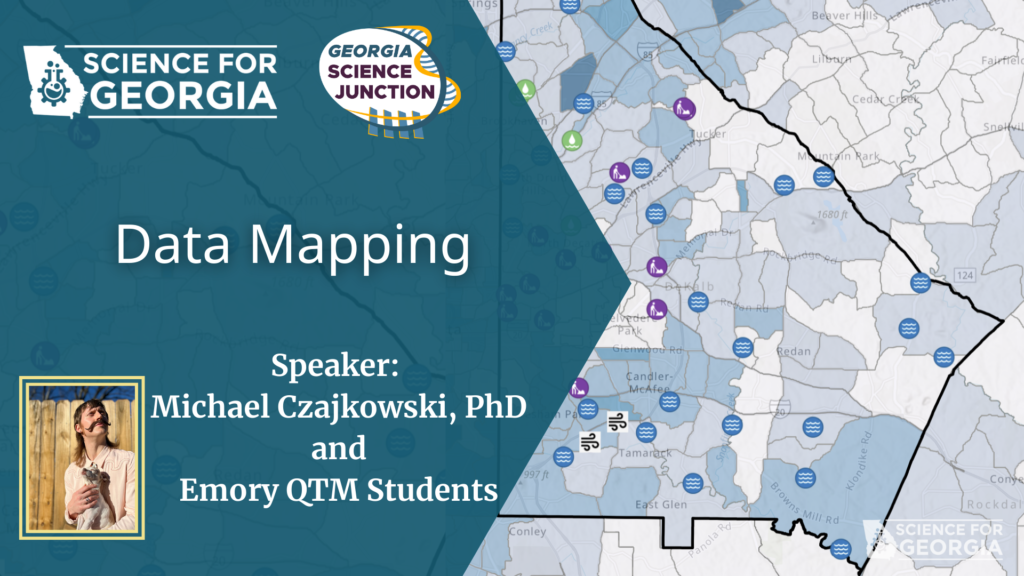
- This event has passed.
GSJ: Fighting Misinformation
February 20 @ 7:00 pm - 9:00 pm
$5 – $10
 Thursday, February 20th, 7-9 pm
Thursday, February 20th, 7-9 pm
In-Person and Streaming
Location: Manuel’s Tavern
Featured Speaker: Michael Czajkowski, PhD
Things can be better: How to change minds and fight misinformation
Things feel quite scary right now for a lot of us. We face severe threats both on a political level and perhaps also from some members of our own families and communities. And it is because we do not agree, we do not see the same things.
But the title of the talk is true, things can be a lot better. The people who don’t agree could be seeing so much more of your side of things. We could be bringing far more of the voters in this country along with us on a path or growth and learning. And it is imperative that we do so. Learn hands-on in this workshop what are the key ingredients to changing minds and fighting misinformation.
Speaker Name: Michael Czajkowski
Speaker Bio:
Michael got their PhD in Physics in 2018 after helping found a science policy graduate student group at Syracuse University. As an IGERT fellow, they received additional training in communication and advocacy in the Falk College Department of Public Health and the S. I. Newhouse School of Public Communications. Michael moved to Atlanta to work as a postdoc in metamaterial physics at Georgia Tech and has been involved with Science for Georgia for six of those years. Michael is also a volunteer with family education at Decatur Makers, is a local community organizer, and was faculty in the 2024 Citizen Science course at Bard College.



